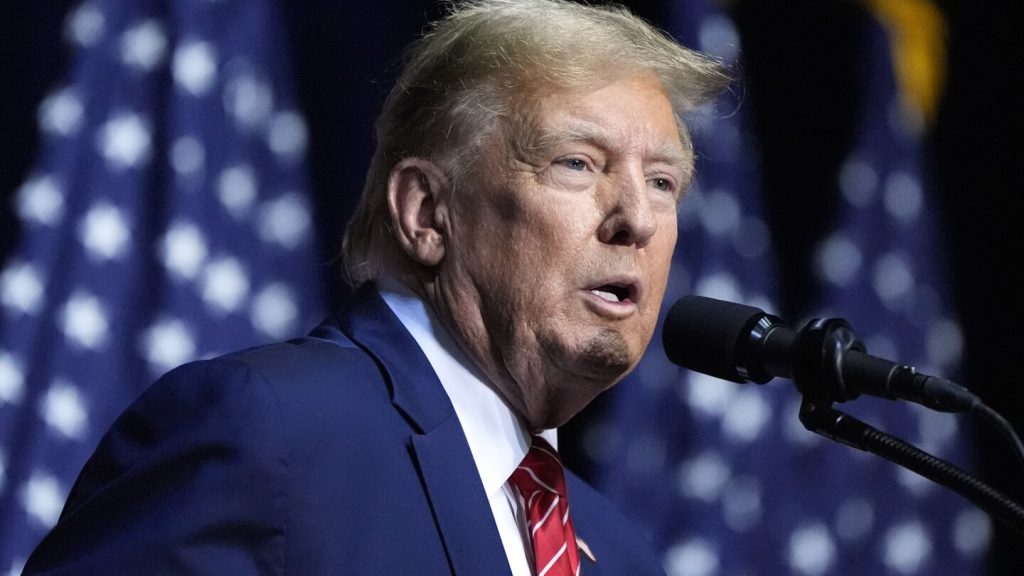Former President Donald Trump is looking to reclaim the White House and has set his sights on crucial swing states like Michigan, a state he won once before. President Joe Biden, who won Michigan for Democrats in 2020, is facing vulnerabilities as he seeks reelection. However, despite promises from the Trump campaign to aggressively target Michigan and other swing states, there has been a lack of significant general election investments in the state. The Michigan Republican Party Chairman, Pete Hoekstra, revealed that the national committee has not transferred any money to the state party, there are no specific programs to court voters of color, and there is no general election field staff in place.
Trump’s political operation, praised for its effectiveness throughout the primary phase of the 2024 election, has been slow to pivot towards the general election. The former president’s team has rolled back plans to add staff and outreach centers in key states, without providing a clear alternative. Just six months before the general election is set to take place, Trump’s Republican Party lacks infrastructure for the campaign. In contrast, Biden’s campaign has opened 100 new offices and added over 350 new staffers in swing states, showing a stark disparity between the two campaigns.
While Trump’s team has been hesitant to provide details about their strategy, it is reported that some state Republican officials have been meeting with Trump behind closed doors to discuss plans for the general election. Trump recently made changes to the Republican National Committee’s leadership, appointing his daughter-in-law Lara Trump as co-chair and Chris LaCivita as the chief of staff. These changes have led to layoffs of over 60 staffers and a restructuring of the party’s political infrastructure. The future of minority outreach community centers, crucial for engaging traditionally Democratic voters, remains uncertain under the new leadership.
Amid optimism about the potential impact of community centers, there is also uncertainty as Trump’s team rewrites the party’s 2024 battleground-state strategy. Plans to add hundreds of staffers in key states have been postponed, leaving the field staff in limbo. State GOP chairs have been meeting with RNC leadership to discuss additional resources and deployment timelines. The newly elected RNC Chair, Michael Whatley, has promised to expand outreach and engage with various groups and demographics. However, no specifics have been provided about the new programs, leaving party officials and grassroots organizations unclear about the direction of the campaign.
Biden’s campaign, in contrast, has launched a $30 million advertising blitz targeting swing-state voters and has been actively campaigning in states like Pennsylvania, Georgia, and Michigan. The president’s campaign is intensifying efforts to engage with voters, especially Black and Hispanic communities, through targeted advertising and campaign events. Biden’s spokesperson criticized Trump for his lack of public appearances and the RNC’s layoffs and closures of community centers, noting that this may not be the most effective strategy to win over voters and secure electoral votes. The contrast between the two campaigns highlights the challenges and opportunities facing both candidates as they gear up for the general election.


